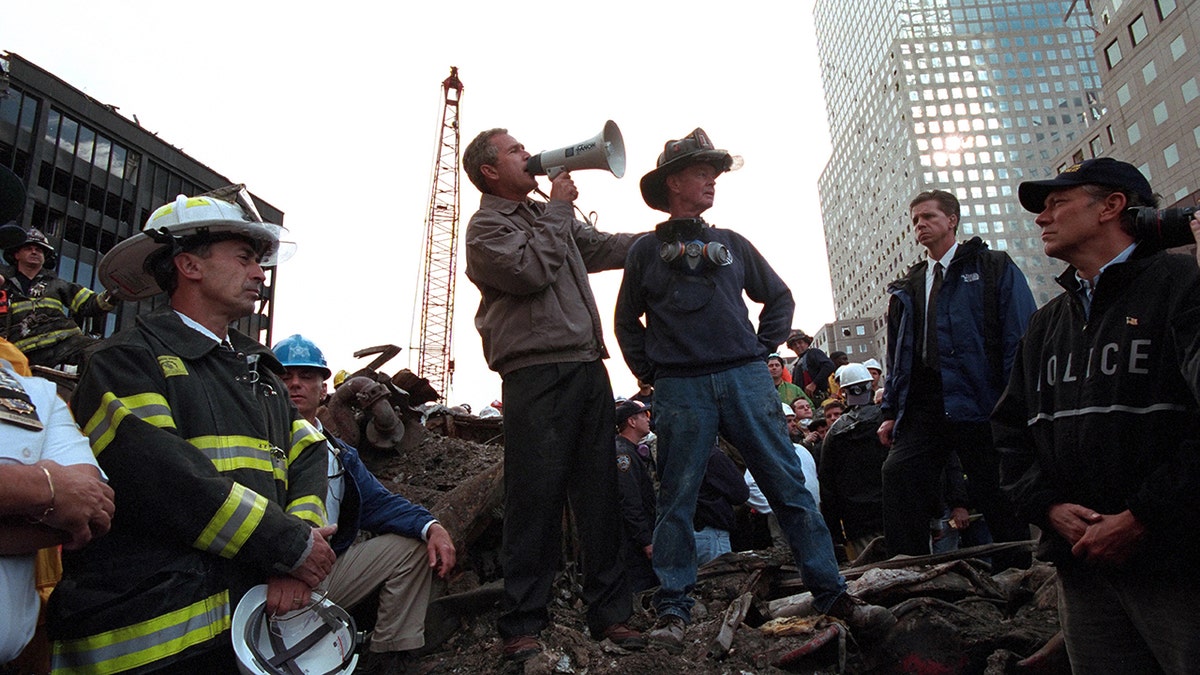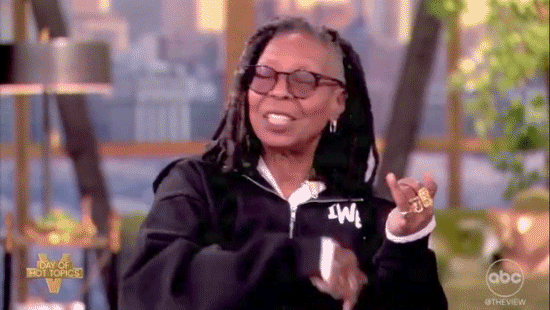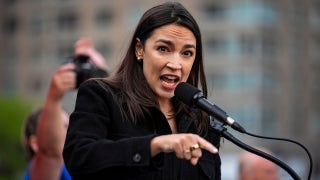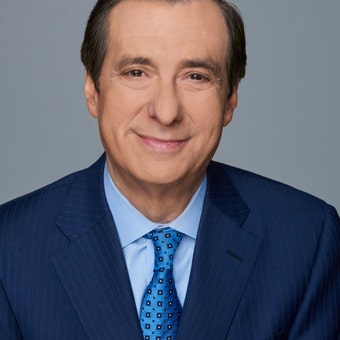Howard Kurtz: Media have already moved on from Afghanistan crisis
'MediaBuzz' host Howard Kurtz joins Martha MacCallum to weigh in on the media stepping back from continuing to cover the crisis in Afghanistan after the U.S. exit on 'The Story'
It’s hard to forget the darkest day in American history.
The shock, the horror, the anguish, the anger, the sense of helplessness, the indelible memory of where you were when New York City, Washington D.C., and western Pennsylvania were attacked with hijacked airplanes.
And since a whole generation has been born since Sept. 11, 2001, the media are right to revisit what happened — and examine how it’s changed us in the last 20 years.
Because that change has been fundamental, plunging us into a markedly different era from the time you could rush onto a plane at the last moment.
One thing I remember is the acute sense of national unity when then-President George W. Bush picked up that megaphone at Ground Zero, but which ultimately gave way to the hyperpolarization that defines our public life today.
WHEN FAKE NEWS GOES VIRAL: LESSONS OF A LIE ABOUT IVERMECTIN
For a time, Bush urged us to go shopping, to resume our normal lives, or the terrorists would have won.

Standing atop rubble with retired New York City firefighter Bob Beckwith, then-President George W. Bush rallies firefighters and rescue workers during an impromptu speech at the site of the collapsed World Trade Center in New York City, Sept. 14, 2001. (Getty Images).
But journalism became increasingly consumed by the controversies spawned by 9/11. There were fierce debates over the war on terror, the USA Patriot Act, torture, surveillance, civil liberties, and the treatment of Muslims. Abu Ghraib prison, and Guantanamo Bay, became symbols of this new epoch as much as the fallen Twin Towers.
And our military intervention in Afghanistan, and later Iraq, yielded a national clash over forever wars that continues to this day. It is a sad bookend to our two decades of spending and sacrifice in Afghanistan that we approach this anniversary still scrambling to rescue Americans from a war that we lost and never came close to winning. It took 10 years to get Usama bin Laden, but we persisted in trying to prop up a corrupt government and useless military.
In a new Fox News Poll, 64% of those questioned say 9/11 permanently changed the country — compared with 50% in early June who said the same of the coronavirus pandemic.
Some 65% say post-9/11 policies made America safer, while 17% say less safe and 13% no difference.
A minority of those surveyed say waterboarding (38%) and invading Iraq (31%) were an overreaction.
And while the poll was taken in early August, 25% say U.S. military action against Afghanistan was an overreaction — that would almost certainly be higher today — while 49% say it was "about right."
SUBSCRIBE TO HOWIE'S MEDIA BUZZMETER PODCAST, A RIFF OF THE DAY'S HOTTEST STORIES
Garrett Graff, writing in The Atlantic, says he "cannot escape this sad conclusion: The United States — as both a government and a nation — got nearly everything about our response wrong, on the big issues and the little ones." While al-Qaeda was partially neutralized, he says, "the War on Terror has weakened the nation — leaving Americans more afraid, less free, more morally compromised, and more alone in the world. A day that initially created an unparalleled sense of unity among Americans has become the backdrop for ever-widening political polarization. … The enemy we ended up fighting after 9/11 was ourselves."
The suggestion that Americans are more afraid seems contradicted by the polls, but we certainly worry about domestic terrorism and Jan. 6 extremism more than foreign foes. The moral arguments were aflame during the waterboarding era, and today the focus is more on whether America is playing a positive world role by intervening in these civil wars.
But there is really no debate about the raw partisanship from the time of Bush (who was still pilloried over Iraq and WMD) and the time of Obama, Trump, and Biden. There are many factors here, from the decline of political parties to the rise of social media, but many of the roots can be traced to 9/11.
CLICK HERE TO GET THE FOX NEWS APP
When I was growing up, Pearl Harbor was America’s worst day since the Civil War. Then came Vietnam.
And now, the need to remember Sept. 11 should be balanced with the need to examine what went right — and wrong — since then.










































